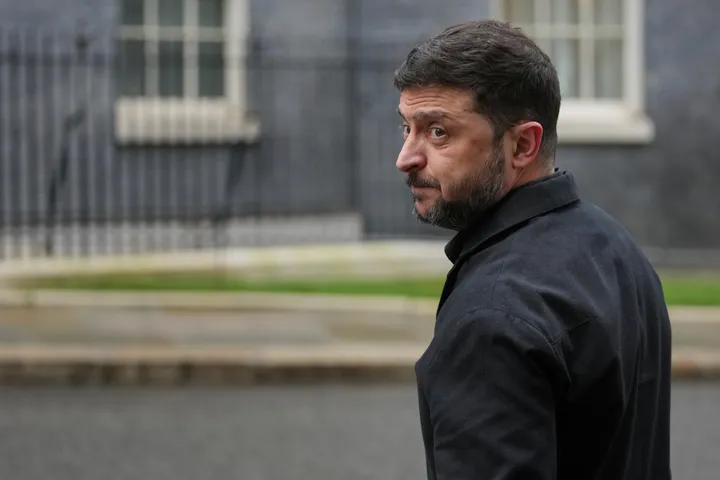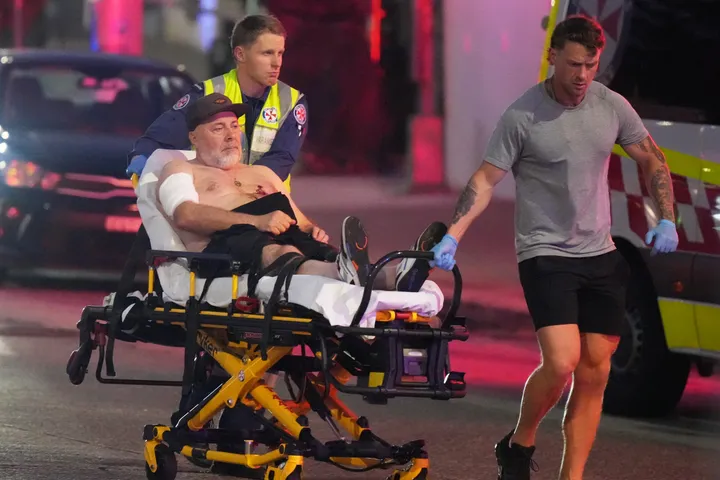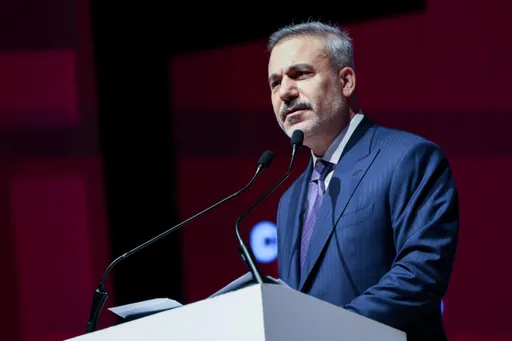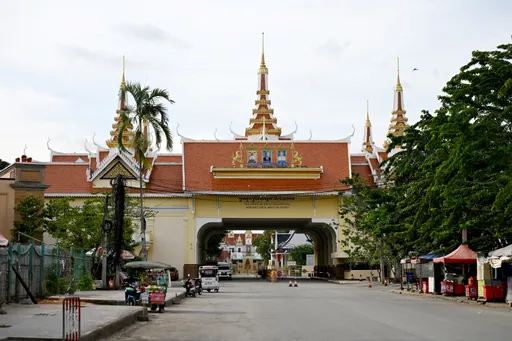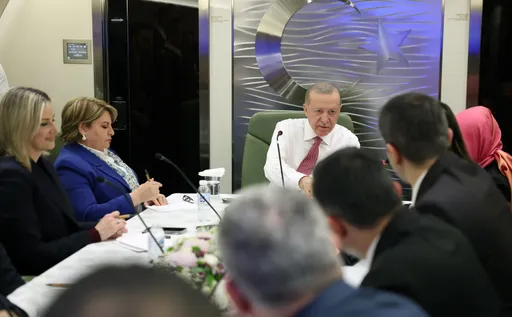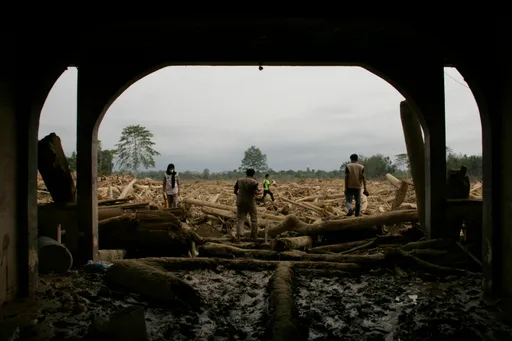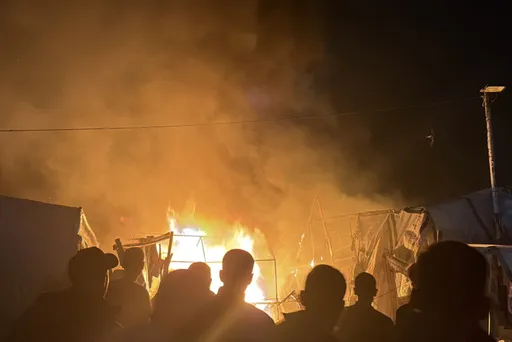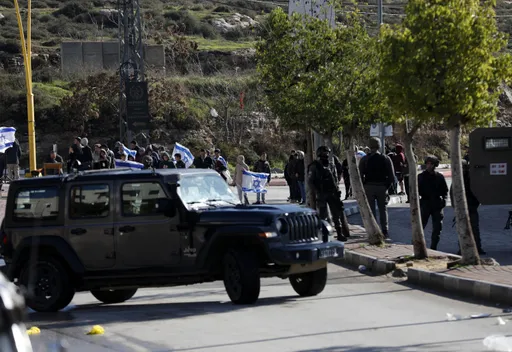In the Central African Republic, a 60-year-old man, Dieudonne, was hiding when the Seleka forces found him in a family compound nearby a displacement camp.
“My sons, look at me. I’m old and blind,” he begged the militants, who were much younger than him.
“I am old and blind. I was just on the way to the camp to look for food. Why kill me?” he asked. A witness says he was then immediately shot in the chest.
Dieudonne was among the older people who face a particular challenge surviving a military conflict.
A Human Rights Watch (HRW) report “No One is Spared”, said that older people can experience the same abuse during armed conflict and other large-scale violence as younger people. But in some circumstances, they face heightened risk due to their older age.
Research from 2013 to 2021 in 15 countries including Burkina Faso, Ethiopia, Syria, Israel, and the Occupied Palestinian territory, found that there was a pattern of abuse against the older population.
Both by the government armed forces and non-state armed groups, they have been unlawfully attacked and killed, subjected to summary executions, arbitrary arrests, and detention among other ill-treatment, the report said.
Fleeing the conflict is not an option for some
Another incident took place in South Sudan in 2015, when government soldiers and militias clashed in a village and civilians were left in a crossfire.
“The old men and women who couldn’t run were killed,” one older woman told HRW.
During hostilities, some older people have chosen not to leave their homes thinking they would be spared from the attacks. Some others couldn’t risk leaving behind all they had worked for their entire life or chose to stay because they were already suffering physically or emotionally from fleeing earlier attacks they’d witnessed.
One woman from Myanmar said she witnessed her husband’s uncle, who was weak and around 80-year old at the time, being pushed into the fire of a burning house by the security forces in 2017.
“He is weak, maybe 80 years [old]... I think they wanted everyone to leave and those that could not leave they put into the fire,” she said.
While the conflicts around the world have driven millions of people out of their hometowns or countries in search of a safe haven free from oppression and risk to their lives, many older people were unable to take these dangerous journeys due to their limited mobility or disability.
For them, this meant separation from their children or loved ones, who were able to and chose to flee the conflict areas, for an unknown period of time.
Difficulty to obtain humanitarian assistance
HRW pointed out that the older population were facing serious hardship in registering and receiving humanitarian assistance.
In South Sudan for example, the group says that displaced older people who couldn’t make it to the Protection of Civilian sites inside UN bases during the conflict in 2017 were less likely to be assisted compared to those who were able to do so.
Another non-governmental human rights group, HelpAge, said in an earlier report that humanitarian actors in countries including Ethiopia, Jordan, South Sudan and Syria have failed to meet an inclusive assistance standard to ensure older people in conflict zones have the same opportunities as the younger people in conflict.
HRW said that the issue was so far overlooked on international platforms, as only one UN Security Council resolution on Sudan, in 2007, had acknowledged and condemned the abuse that older civilians faced.
The group said that the recognition of barriers that older people face in conflict zones is a must to ensure their protection in line with international humanitarian and human rights law.
“UN agencies, peacekeeping missions, and humanitarian actors should ensure that all protection and assistance activities are inclusive of older people and their specific needs,” Bridget Sleap, a senior HRW researcher on the rights of older people said. “Older people, with their unique protection needs, should no longer be invisible victims of armed conflict.”


